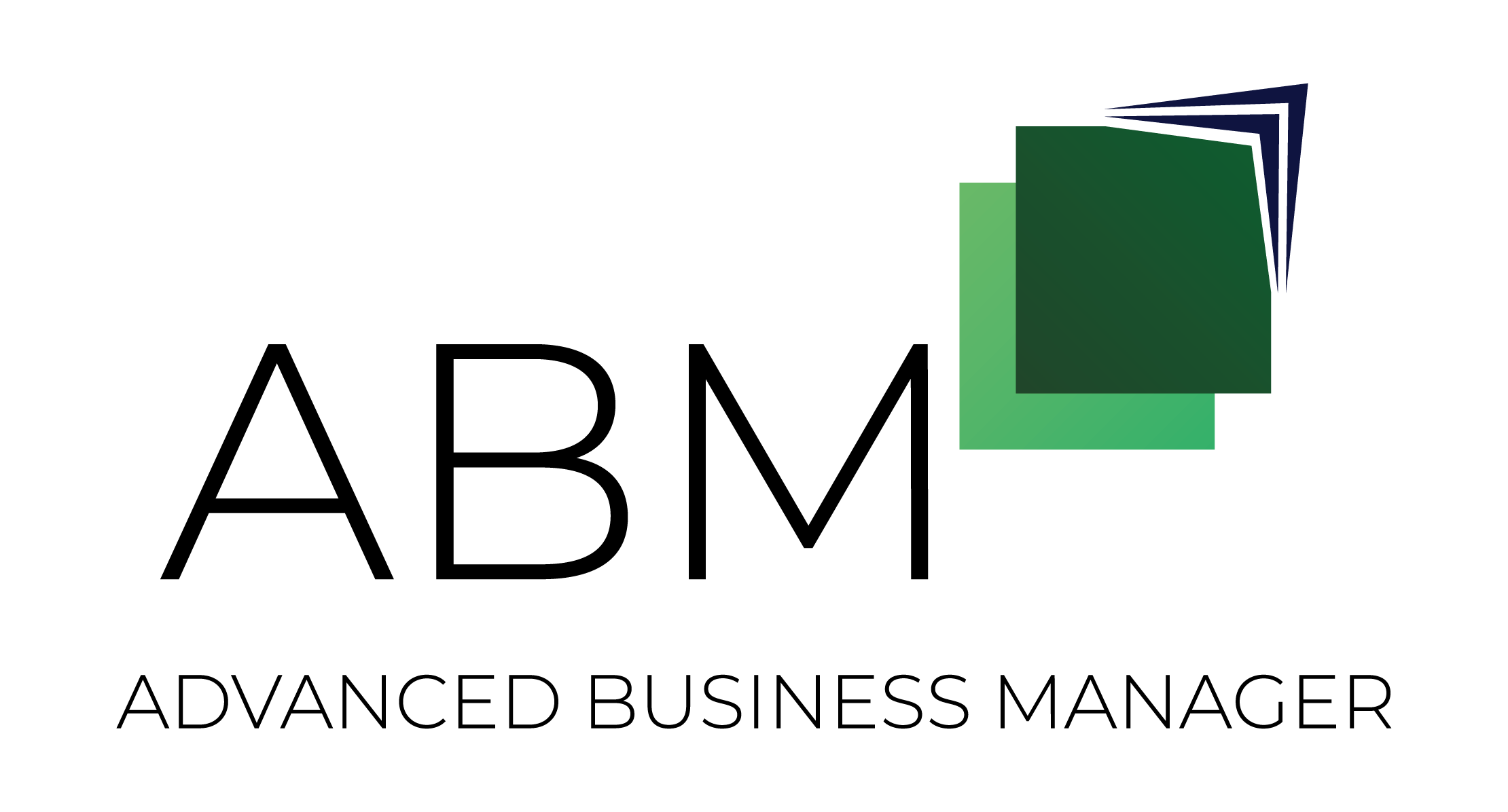Business conditions are starting to improve across the country, as firms respond positively to the cut to the official cash rate and the federal budget announcement. NAB’s Monthly Business Survey for May shows that conditions were up 3 points, putting the result higher than the long-run average.
However, this optimism may be limited to the short term, as expectations are still muted on a longer term basis. Companies are still reluctant to take on new staff, and there’s the added issue of consumers still being largely unwilling to spend.
This view wasn’t echoed in the latest ANZ-Roy Morgan Consumer Confidence survey, which showed gains over the week to June 16. The index was up 2.1 per cent last week, bringing sentiment to slightly higher than the long term average.
These gains were driven by a better outlook for the economy and finances in general. In fact, there was a 3.6 per cent increase in the sub-index relating to finances over the course of the next 12 months. Forecasts for the state of the economy over the next five years experienced a rise of 4.3 per cent.
Firms may therefore benefit from using asset management software to obtain a better overview of their systems, while ensuring that efficiency gains can be made wherever possible. At a time when consumers are expecting top quality service from the companies they deal with, businesses simply can’t afford to lose control of any aspect of their operations.
NAB revealed that many Australian businesses are facing slight growth in operating costs, which may encourage them to find ways to cut back on spending. Costs were up 0.8 per cent on a quarterly basis, which is largely on par with increases seen during the global financial crisis.
Investing in accounting software with a stock control feature could therefore be a wise choice, especially as firms look for new ways to make the most of their current inventories.







